Per Aspera ad Astra (through hardships to the stars):
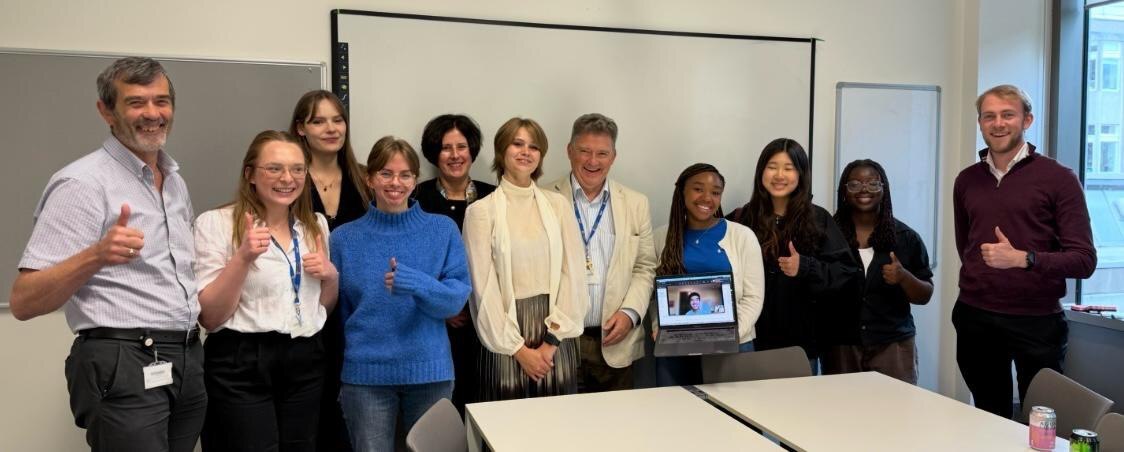
Screening (preventative testing of healthy individuals for early disease detection) is rapidly shifting as mistrust and access issues fuel changing public attitudes towards traditional healthcare, driving more people to turn to private direct-to-consumer (DTC) tests [1]. The DTC market is set to double by 2029 [2], yet many DTC tests lack clinical utility and risk harm [3], while regulatory gaps leave patients vulnerable and burden the NHS with unnecessary follow-ups. Urgent action is needed in ordered to support not just early but optimal diagnosis.
This summer, I participated in a research project, examining how screening tests, particularly DTC tests are promoted, whether this aligns with NHS guidance, and how UK regulation regulation enables or fails to protect informed patient decision-making. Working as part of a nine-member team divided into subgroups, my group focused on defining criteria for optimal information provision to support informed choice around DTC screening tests. After completing our group objectives, I independently extended the research, using our existing data to assess whether current UK screening recommendations truly reflect public needs and expectations.
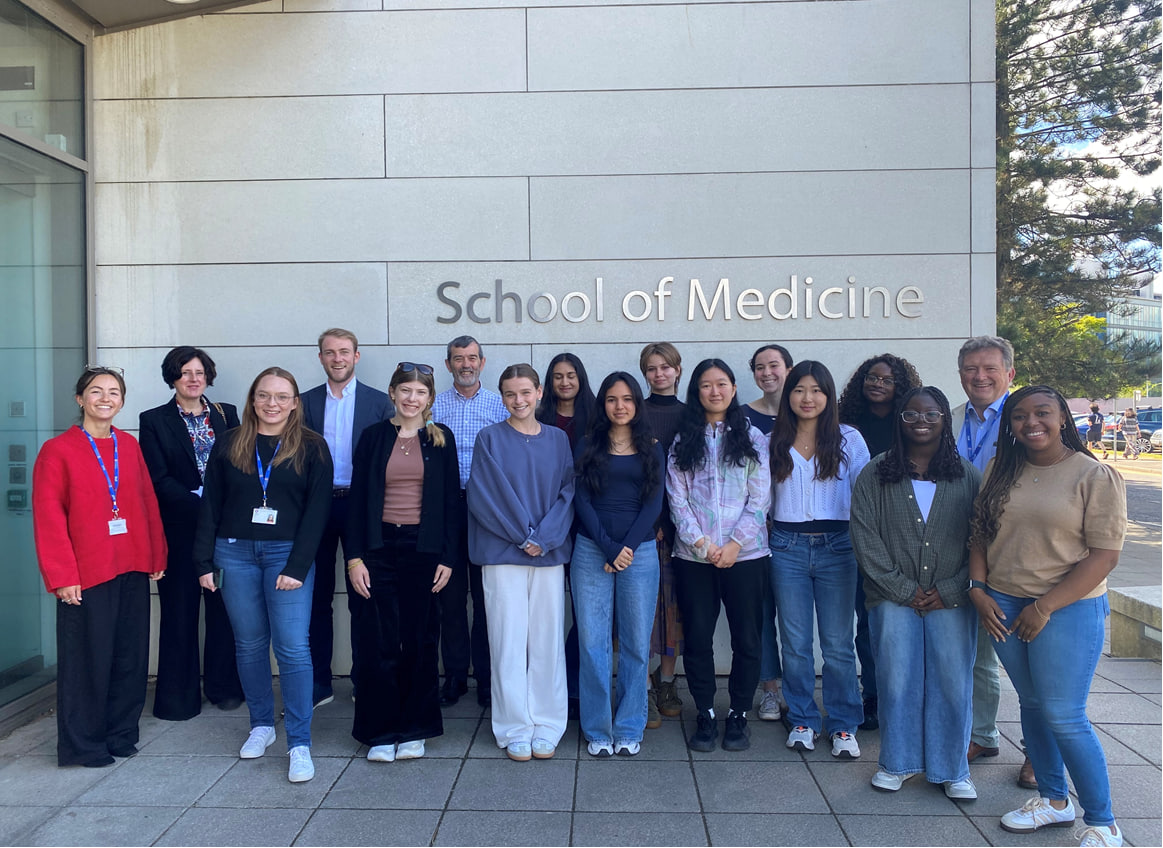
This experience marked my first time engaging in a formally organized research project, and it tested me in unexpected ways. However, through these hardships I learned not only more about my research topic, but also about myself, developing crucial skills like collaboration, idea ownership and self-leadership. Here are the main challenges I faced and the lessons they taught me.
Challenge #1: Researching in a group
Research is rarely linear, and working in a team adds layers of complexity. While collaboration can boost creativity and distribute workload, it also brings challenges; conflicting opinions, differing work styles, and logistical barriers. For me, the main difficulty was how group work could limit autonomy. Research often requires quick decisions and problem-solving, but in a team, every choice must be discussed and agreed upon, which can slow progress. Our situation was further complicated by logistics: one teammate was based in Canada, while the rest of us were in the UK, making real-time communication across an eight-hour time difference especially difficult.
To address this, we adopted a novel approach. We introduced short daily check-ins, scheduled to suit everyone’s availability and time zone. These meetings helped us raise issues early, stay aligned on group goals, maintain individual accountability, and avoid periods of silent divergence. We also rethought task delegation, moving away from rigid equal task division. Instead, we assigned tasks based on type, required skills, availability, and preference. tasks requiring real-time discussion were handled by those in the same location, while solo tasks went to remote members or those with relevant expertise. This system brought cohesion to our group, improving both collaboration and communication.
Challenge #2: Finding my voice in research
This project taught me core research skills, but the most crucial, and perhaps most unexpected, was confidence. It fuels innovation, empowering researchers to pursue new ideas, yet I found myself lacking it. As our subgroup neared completion of its objectives, I spotted a new angle in the data: a gap between public expectations of screening (drawn from our focus group interview based thematic analysis) and the current UK screening recommendations we’d mapped. As such, meanwhile the overarching study focused on DTC test regulation and informed consent, I wanted to explore why people turn to DTC testing despite NHS options.
The data was there, but I hesitated, unsure if it was 'my place' to take further research. However, through conversations with supervisors, program staff, and friends, I gained the confidence to act. Hearing their perspectives, helped me refine my idea, build a plan, and take the leap – conducting a comparative analysis. This original extension became the highlight of my final report, offering insights into why people turn to private DTC screening options. It deepened my analysis, by revealing policy gaps, but ultimately, this initiative became crucial in developing my own self-belief.
Challenge #3: Mastering self-leadership
As an undergraduate student, I am used to rigid structure. So, the most surprising part of this project was my dynamic with my supervisor, who adopted mostly a “laissez-faire” leadership approach – minimal direction, no strict deadlines, and full independence. We were colleagues, exchanging ideas, guidance and advice as equals. Despite considering organized, initially I struggled. The freedom was both liberating and disorienting - I found myself stuck, while drifting, waiting for guidance that never came.
Quickly I realized: no one was coming to "rescue" me. So, the solution was simple but effective: I took control and built my own structure. I adopted two key techniques: setting strict deadlines and scheduling fixed work sessions, crucially treating both as non-negotiables. Rather than fitting work around my day, I shaped my day around my work. It felt rigid at first, but soon brought greater balance and focus, boosting my productivity while still leaving space for rest and hobbies.
But most importantly, I stopped relying solely on external support. When stuck, I didn’t passively wait, I leaned into tools and resources at hand, even if it felt intimidating. This mindset shift applied not just to managing my time, but to overcoming research roadblocks too. It boosted my productivity and, more importantly, strengthened my independence and self-leadership, confirming that with discipline and initiative, it’s possible to work hard and play hard.
My main conclusions:
As I look back on this summer, I can confidently say it was transformative, pushing me to confront challenges I once shied away from. New experiences rarely come easy, but through uncertainty and setbacks, I found my footing; per aspera ad astra – through hardships, I reached new heights.
References:
[1] The Lancet 2024, ‘Direct-to-consumer medical testing: An industry built on fear’, The Lancet, 404(10457), p. 991. doi:10.1016/s0140-6736(24)01924-x.
[2] BCC Publishing 2024, Direct-to-consumer testing industry: Global Markets, Global Direct to Consumer Testing Market Growth Forecast - HLC269B, accessed 04 July 2025, <https://www.bccresearch.com/market-research/healthcare/direct-to-consumer-testing-market.html>
[3] Yong, S.E.F., Wong, M.L. & Voo, T.C. Screening is not always healthy: an ethical analysis of health screening packages in Singapore. BMC Med Ethics 23, 57 (2022). https://doi.org/10.1186/s12910-022-00798-5
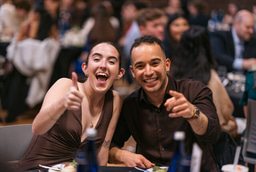
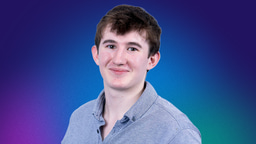
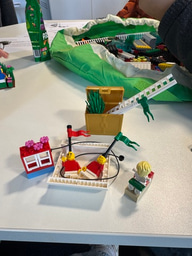
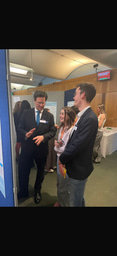
Please sign in
If you are a registered user on Laidlaw Scholars Network, please sign in